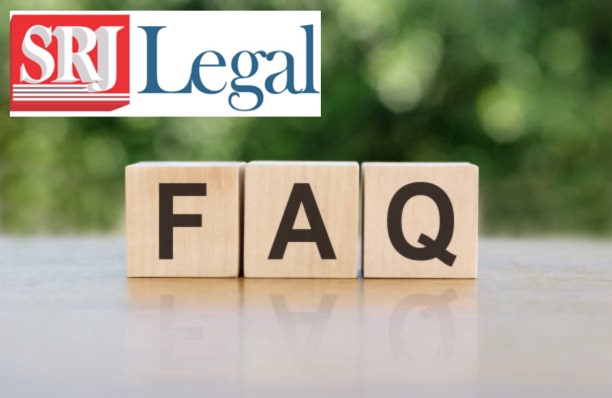This Frequently Asked Questions (FAQ) explores legal and ethical considerations in naming projects after deceased prominent persons in Nigeria.
Can I lawfully name my business or project after a deceased prominent Nigerian?
Yes, but there are legal considerations. While Nigerian law does not automatically protect names under copyright, such names may be subject to trademark protections.
If the name is already registered, for instance, “Gani Fawehinmi Foundation”, unauthorized use could lead to potential legal action.
What to do: Conduct a trademark search at the Trademarks, Patents, and Designs Registry. A name search at the Corporate Affairs Commission (CAC) public search portal verifies if the proposed name is available.
We note that name availability search at the trademark registry is not a digitized service. SRJ Legal is an accredited Trademarks, Patents, and Designs Registry agent.
Do I need permission from the family of the deceased?
Not always, but it is highly recommended. Although Nigeria does not have an explicit Right of Publicity law for deceased persons, the common law principle of passing off applies.
If using the name implies endorsement by the family or estate, disputes may arise.
What to do: Seek consent from descendants or affiliated institutions if the person’s name is linked to a family legacy (Chief Obafemi Awolowo or Dr. Nnamdi Azikiwe) to avoid ethical and legal concerns.
Or issue a public disclaimer stating that the deceased person’s estate does not endorse the project or business. A disclaimer eliminates all possible disputes on passing off.
Can I face legal action for misusing a deceased person’s name?
Yes. Suppose a name potentially misrepresents or tarnishes the deceased’s reputation. In that case, their family or associated entities, for instance, Gani Fawehinmi Foundation, may file a defamation claim.
What to do: Ensure the nature of your project aligns with the deceased’s legacy and does not misrepresent their contributions.
Are there ethical concerns in naming a project after a deceased Nigerian?
Yes. Many African cultures view family members as custodians of a deceased person’s legacy.
In a social context, naming projects or businesses after a deceased person without the family’s consent may be exploitative rather than honorary.
What to do: Engage with families, entities, or cultural institutions connected to the deceased before publicly using the name.
What if my project is a business? Will using a deceased person’s name seem like profiteering?
If the project is commercially driven, using a deceased person’s name without family approval may be considered profiteering rather than legacy-building.
What to do: Clearly state the purpose of using the name and consider offering scholarships, charitable initiatives, or CSR programs in the person’s honour.
What are alternatives if I can not get approval to use a name?
If securing approval is impracticable, you can:
• Modify the name.
• Use initials or a unique phrase.
• Combine the name with a broader concept to avoid misrepresentation.
What is the best approach to naming a project after a deceased Nigerian?
• Legal Check: Conduct a trademark search to avoid conflicts.
• Ethical Engagement: Consult the family, estate, or professional body linked to the deceased.
• Respect the Legacy: Ensure the project aligns with their contributions and values.
• Consider Alternatives: If necessary, modify or adapt the name creatively.
By following these steps, businesses can legally honour legacies respectfully, prevent legal disputes, and strengthen brand integrity.
SRJ Legal is Nigeria’s fintech and education law firm. We complement our fintech and education law practice with fintech litigation and commercial dispute (litigation) practice. At the same time, we provide corporate counsel services to businesses and individuals, including families.

